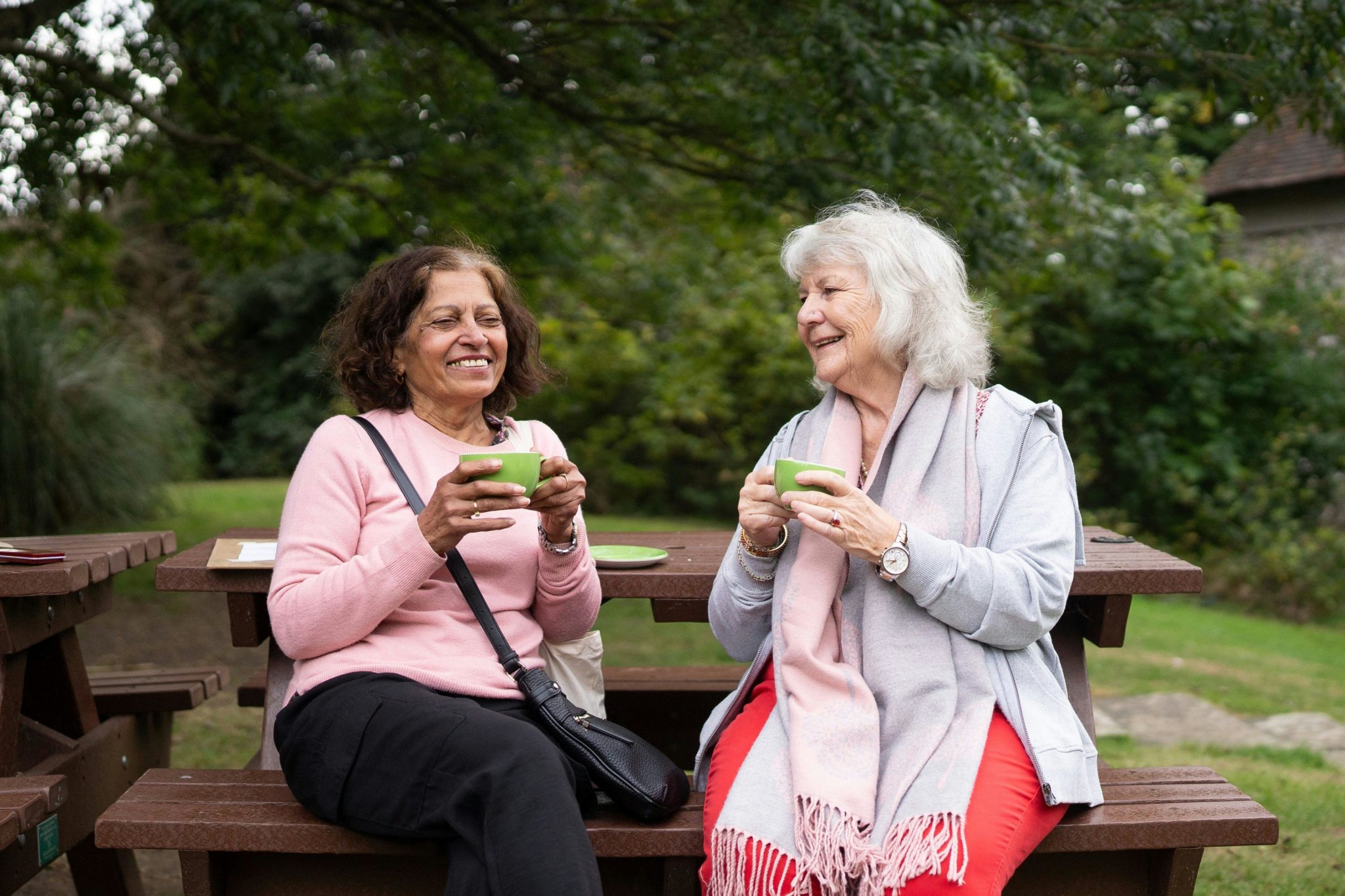Most of us work and save for decades in the hope that when we retire, our needs will be met. Numerous resources offer financial advice to help us plan for our golden years. For many, all that work and planning and fiscal discipline pays off, with an adequate cushion providing a reasonably comfortable life right to the end. For others, things don’t go quite as well.
Recently, I attended a training on identifying and preventing elder abuse. I learned that financial exploitation is one of the most common forms of abuse faced by older adults, sometimes without their knowledge. It can be carried out by family members, “helpful” neighbors, paid caregivers, online and telephone scammers, or even attorneys and accountants who notice a client’s mind isn’t as sharp as it used to be. This was a sobering wake-up for me.
As frightening as this all sounds, we can take proactive steps to minimize risk. Awareness is the first one. Has your older loved one made abrupt changes to a will? Are their bills going unpaid, even though there should be enough money to cover them? Are others signing their checks or financial transactions? Have you noticed a large upsurge in purchases? All of these are red flags.
Here are some suggestions to protect yourself:
- Be careful with what information you post publicly on social media. Scammers can use Facebook or other sites to learn about your family and then call, claiming to be a relative needing money. Make sure your posts are visible only to people you trust.
- Never give out your financial information, Social Security number or Medicare number to anyone who calls you. Only provide this information if you are the one who initiated the phone call to a known agency.
- Sign up with the National Do Not Call Registry to eliminate calls from telemarketers. You can also do this by calling 888-382-1222.
- To help guard against identity theft, freeze new credit inquiries with all three major credit reporting agencies. This page provides instructions. You can lift the freeze at any time if you need to provide your credit information for a financial transaction.
Here are steps to help protect a loved one:
- If they are receiving in-home services from paid caregivers, make sure valuable items aren’t easily accessible, monitor bank and credit card accounts closely, and track what purchases the caregiver is making.
- Assist your loved one with social media account settings to ensure privacy.
- Check in frequently. Stay informed about their day-to-day life.
- If you suspect any kind of elder abuse, financial or otherwise, you can contact Adult Protective Services to instigate an investigation. You can report online or by calling the hotline at 800-392-0210. Some older adults might worry this would lead to them being removed from their home, but in fact, case workers often help connect them with resources to help them remain at home more safely.



